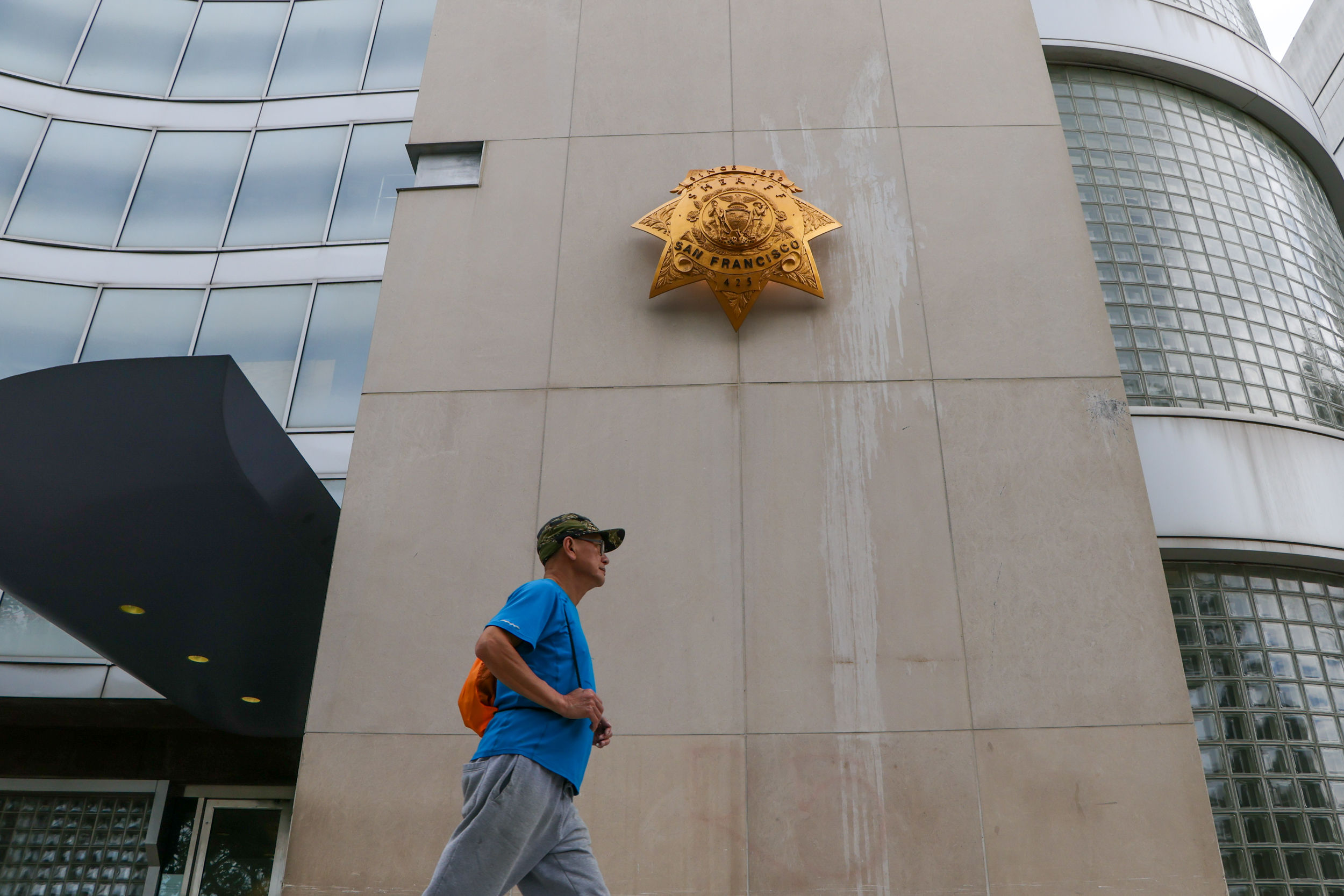A staffing shortage in the city’s jails is fueling high turnover among nurses who are sometimes forced to work mandatory overtime, Department of Public Health (DPH) officials testified on Thursday.
At a Board of Supervisors hearing, public health officials reported that nurses in the city’s jails are sometimes forced to work 16-hour shifts as the Jail Health Services department grapples with at least 33 vacant positions. Supervisor Catherine Stefani called the hearing after The Standard revealed that Lisa Pratt, the director of Jail Health Services, was working 20 hours a week for a city-funded nonprofit on top of her city job without proper approval.
“Burnout is very, very real and very high among jailhouse staff,” said Hali Hammer, DPH director of ambulatory care. “The high turnover among jail health staff is a very real problem.”
Stefani used the hearing to examine the impact of moonlighting within the health department and to determine if city employees with second jobs are affecting conditions in the city’s jails.
“This whole secondary employment thing is causing people concern as you could expect,” Stefani said. “Those are taxpayer dollars.”
Hammer said that a significant number of employees in Jail Health Services hold secondary employment. She could not give an exact number, but said that many of those employees only work part-time for the city. She also said that a broader health worker shortage likely factors into the occurrence.
“The demand for clinicians […] all across the country, but especially in the Bay Area, is just huge,” Hammer said.
The health department told The Standard last week that 300 employees had applied for secondary employment since Oct. 21, when the department began reminding employees of their responsibilities to seek permission for secondary jobs. The department is now contending that the number has dropped to 282.
City rules restrict employees from working jobs that contradict, interfere or present a conflict of interest with their city job. Pratt’s job running health care in the city’s jails requires her to be on call 24/7, and public record emails obtained by The Standard show her responding to emails for the nonprofit during normal business hours.
Stefani questioned whether Pratt, who wasn’t present at the meeting but resigned from her nonprofit side job in October, was doing enough to combat worker burnout among her staff.
Tanya Mera, director of behavioral health services in the city’s jails, said that the department is holding weekly meetings with nurses to ease their stress levels.
Despite reports of staff burnout, the Jail Health Services unit has seen success in containing Covid, reporting no deaths or hospitalizations despite 2,909 incarcerated people dying of the virus across the country. The city’s jails also tout a significantly lower overall mortality rate than other jails across the country.
